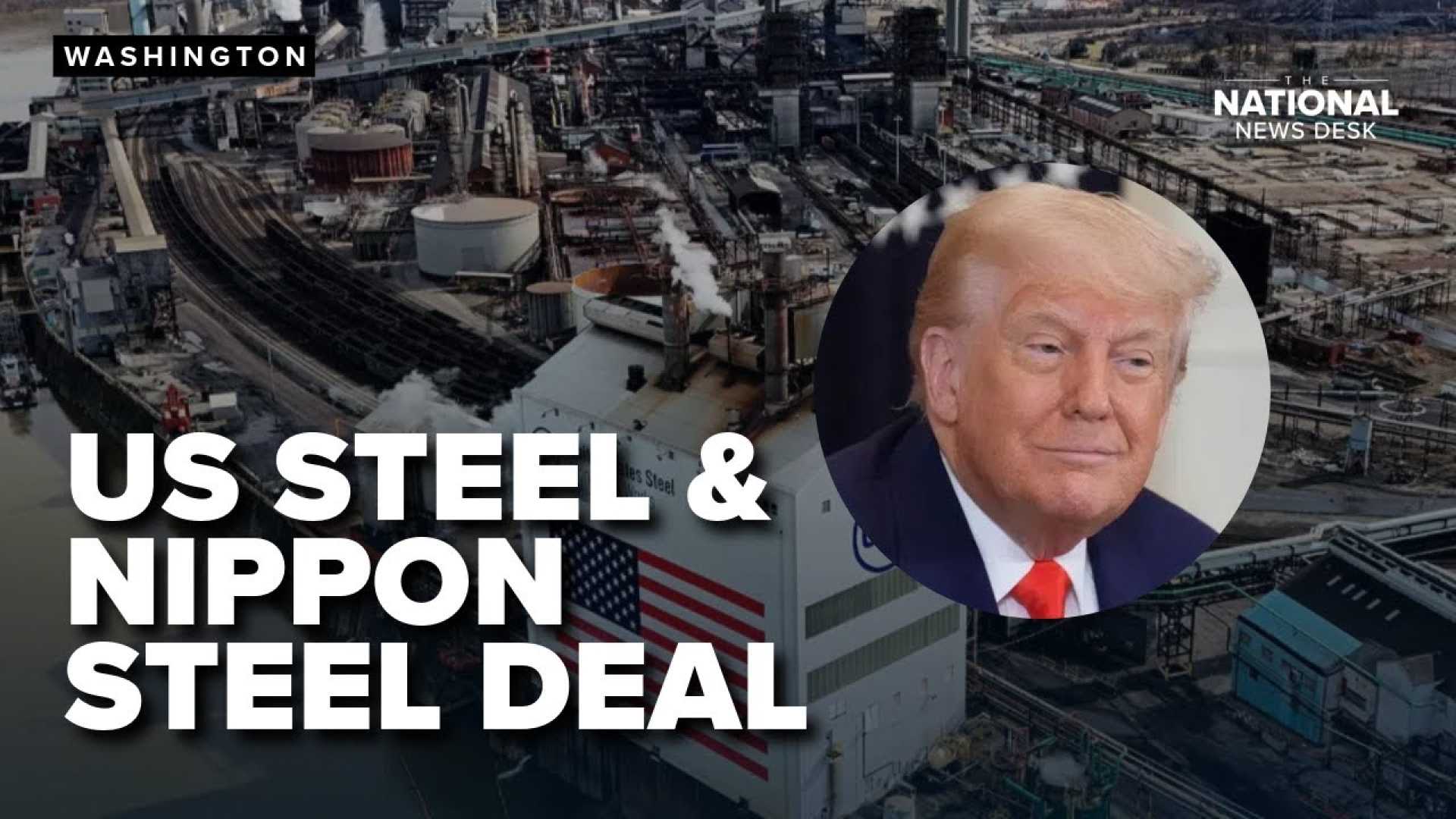Business
Trump’s Deal with Nippon Steel Raises Questions Over U.S. Steel Purchase

PITTSBURGH, PA — President Donald Trump’s announcement of a deal between Nippon Steel and U.S. Steel took another turn last month, raising questions and concerns about the acquisition. After a year-and-a-half-long process, Trump declared via social media a supposed “blockbuster agreement” to conclude the deal. However, a crucial deadline missed on June 6 has left many in doubt about the final outcome.
The new deadline is set for June 18, when the two companies must either finalize or abandon the deal. This uncertainty has left a variety of stakeholders, including steelworkers, shareholders, and local officials, anxious about the consequences of the acquisition.
The acquisition was initially blocked by former President Joe Biden due to national security concerns. Acknowledging the complexities, Trump later directed the Committee on Foreign Investment in the United States (CFIUS) to reassess the deal, which failed to reach a conclusion last fall.
Despite the missed decision deadline, Trump has been adamant about his support for the acquisition, which he claims will bring substantial benefits, including a $14 billion investment. “U.S. Steel will continue to be controlled by the USA,” he stated during a rally, insisting on job security and plant operations for the duration.
However, critical concerns linger regarding the operational control structure post-acquisition. Republican Senator David McCormick mentioned the expectation of maintaining an American CEO and majority board while suggesting the U.S. can retain a “golden share” for oversight. Yet, specifics on how this would function remain undisclosed.
Consultants like Antonia Tzinova note that such arrangements are unusual in U.S. acquisitions and highlight the need for clarity from both companies as stakeholders await further details. Union representatives express frustration, claiming they have not been included in discussions about the deal.
The lessons emerging from this ordeal echo loudly, particularly for foreign firms navigating acquisitions in the U.S. market. Stakeholders support extending discussions, but the urgency intensifies as tariffs on imported steel loom, influencing Nippon Steel’s intentions.
The outcome of the acquisition still hangs in the balance, as many anticipate what happens next with the future of U.S. Steel.












